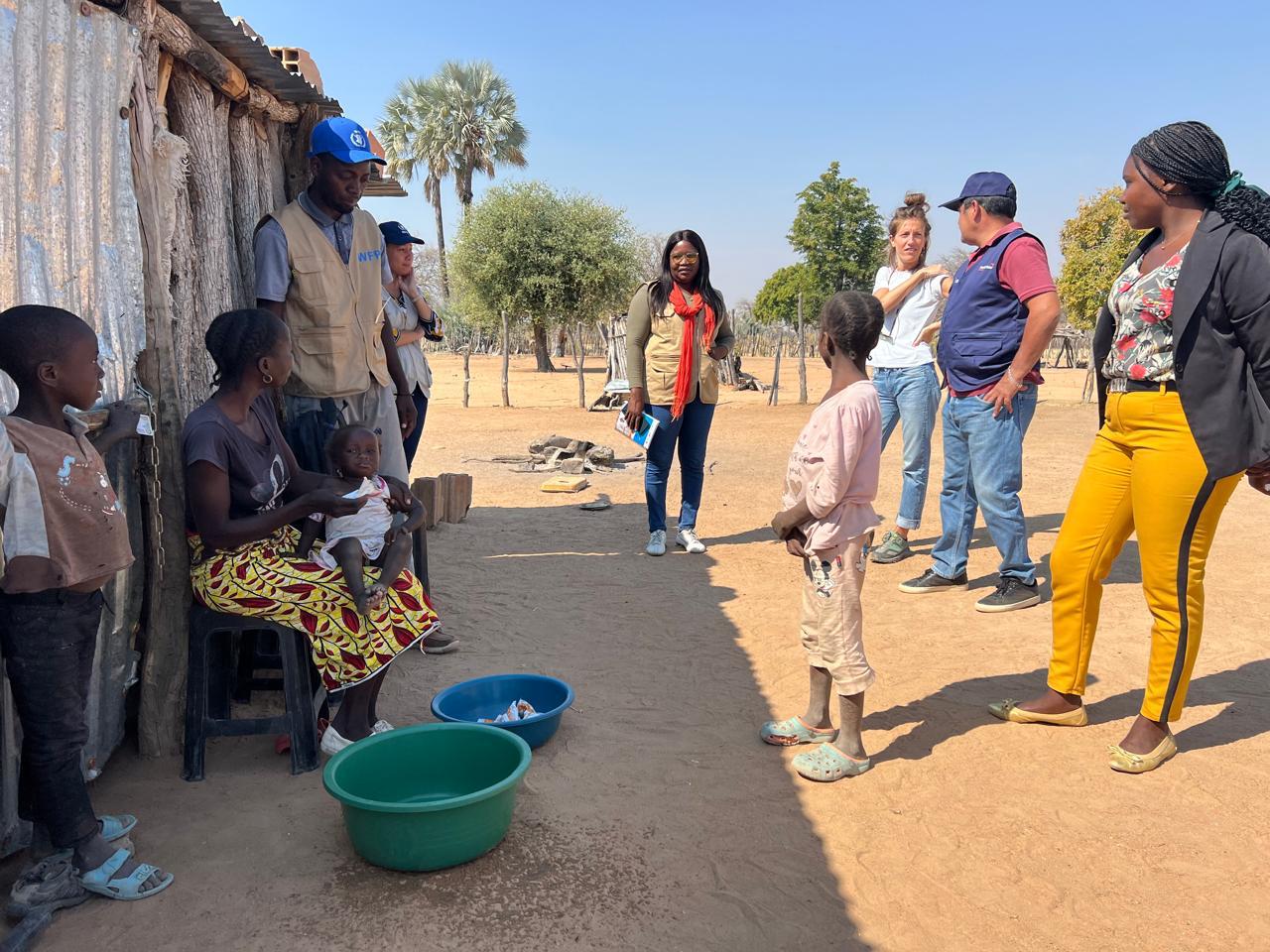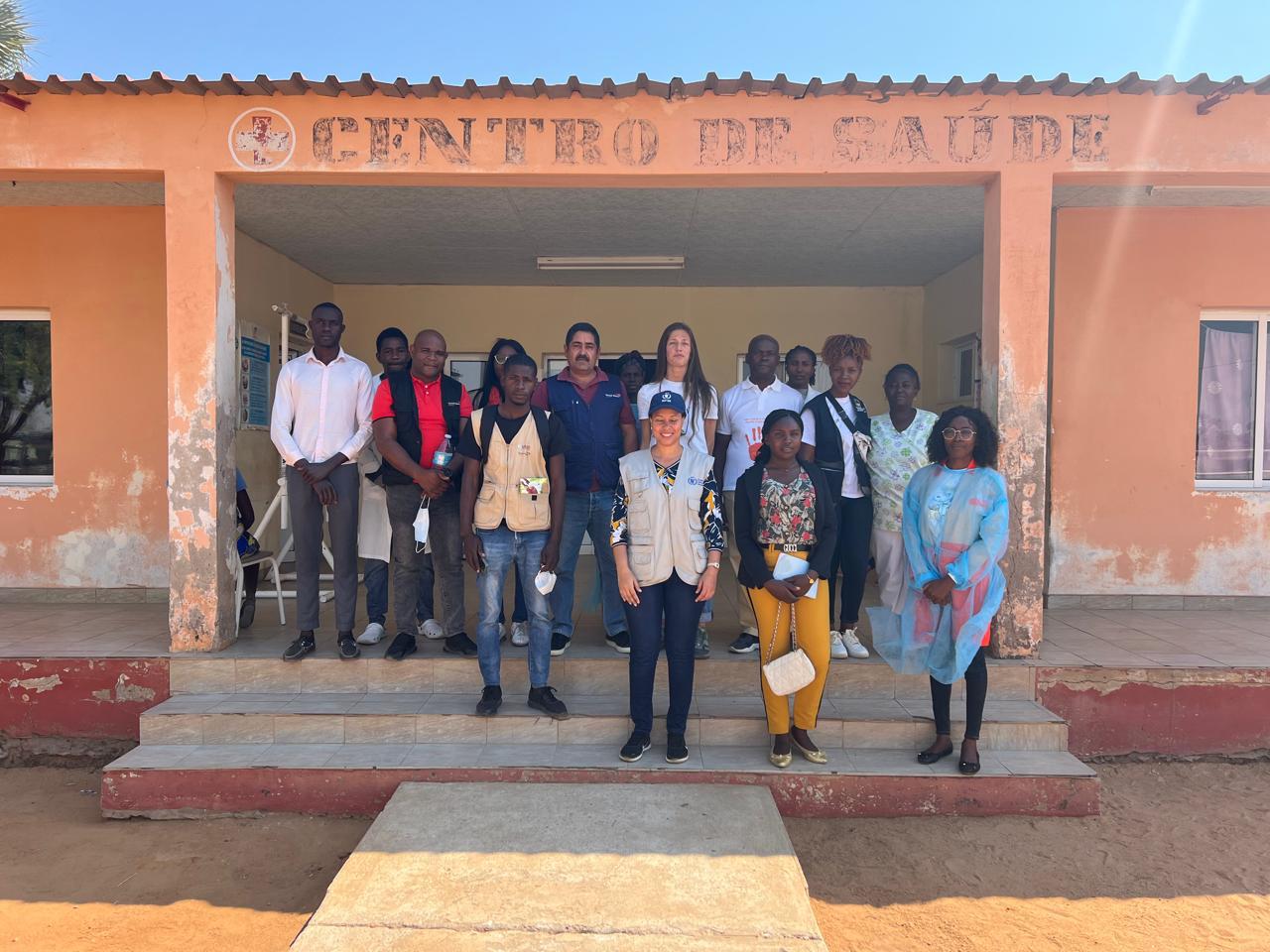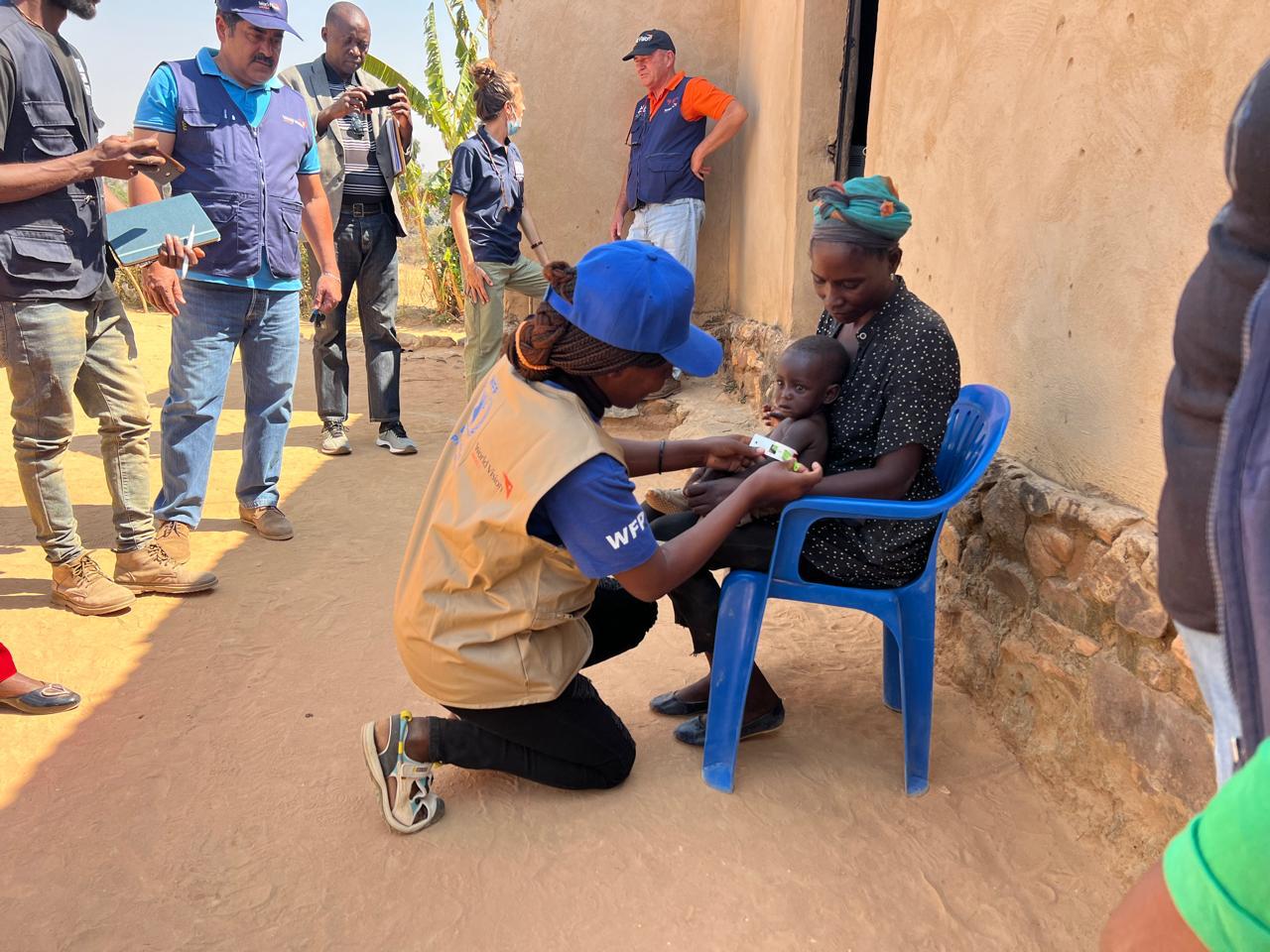UN and World Vision Combat Child Malnutrition Amidst Angola's Drought Crisis

A UN delegation, including major funders from the World Food Programme (WFP) and the United Nations Children's Fund (UNICEF), recently visited the drought-affected provinces of Cunene and Huíla in Southern Angola. Representatives from the United Nations Office for the Coordination of Humanitarian Affairs (OCHA) also accompanied the team. The mission aimed to evaluate the impact of the severe drought on children and to assess the progress of the Drought Emergency Response Project implemented by World Vision.
 During the visit, the delegation met with local administrators, interacted with families, and inspected health facilities in communities like Chibia and Humpata. This on-the-ground assessment provided critical insights into the situation of the most vulnerable children in the region.
During the visit, the delegation met with local administrators, interacted with families, and inspected health facilities in communities like Chibia and Humpata. This on-the-ground assessment provided critical insights into the situation of the most vulnerable children in the region.

Joining the delegation were Robert Bulten, World Vision Angola's Emergency Projects Manager for the South, and Coordinator Artur Caires. With support from the Central Emergency Response Fund (CERF), UNICEF and WFP are focused on diagnosing and treating severe acute malnutrition in 5,000 children across designated health centers. Additionally, efforts are underway to support another 7,500 children with moderate acute malnutrition in these provinces.
By pooling resources and expertise, the UN agencies and World Vision aim to mitigate the severe impacts of climate change on vulnerable populations in Angola. The joint actions are vital in ensuring swift and effective support for children suffering from malnutrition and other drought-related challenges.
 World Vision Angola, with a 35-year history in the country, remains at the forefront of tackling the hunger crisis. Their ongoing efforts are crucial in addressing the severe drought exacerbated by the El Niño phenomenon, which has significantly affected the nutritional health of children and the well-being of local families.
World Vision Angola, with a 35-year history in the country, remains at the forefront of tackling the hunger crisis. Their ongoing efforts are crucial in addressing the severe drought exacerbated by the El Niño phenomenon, which has significantly affected the nutritional health of children and the well-being of local families.